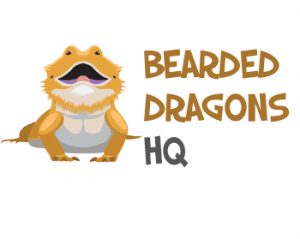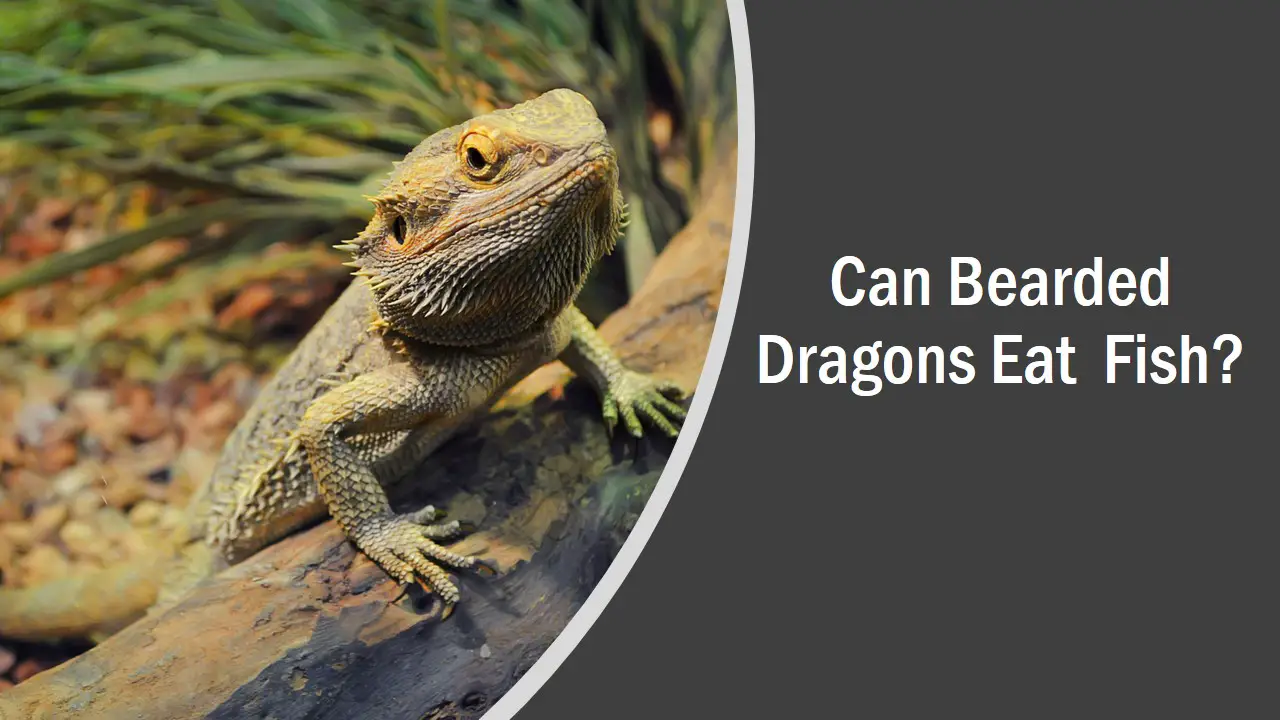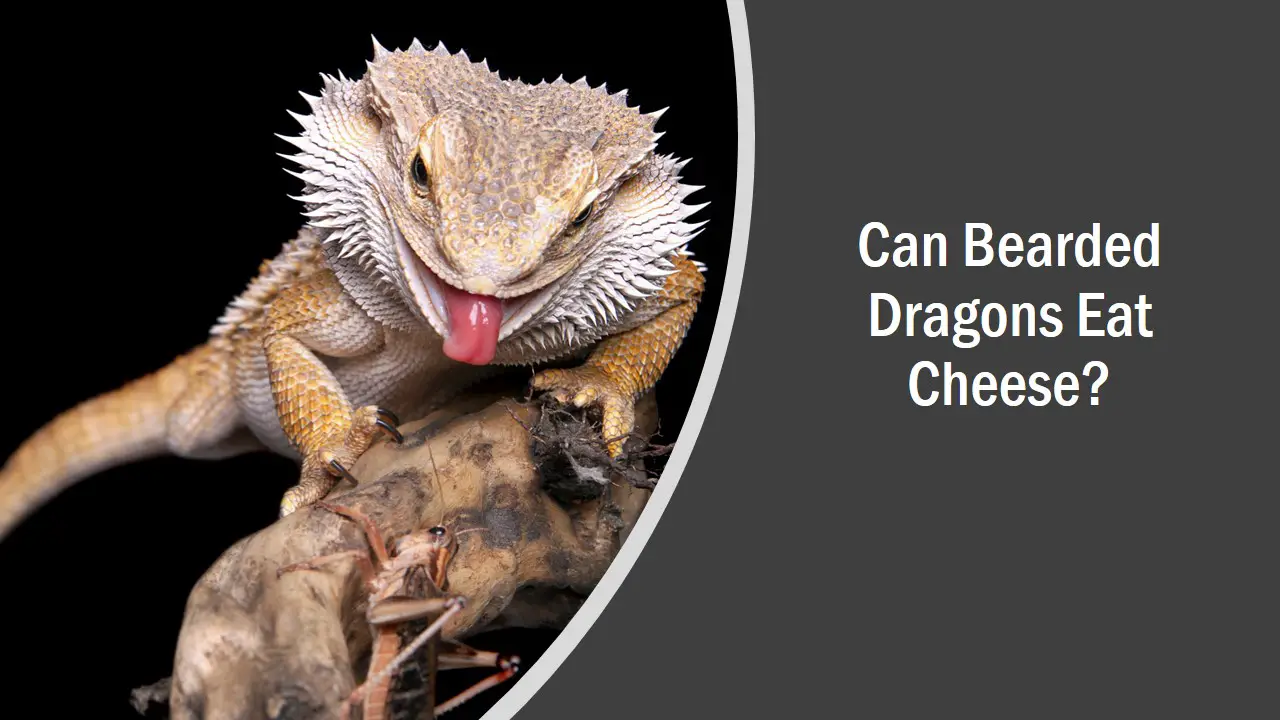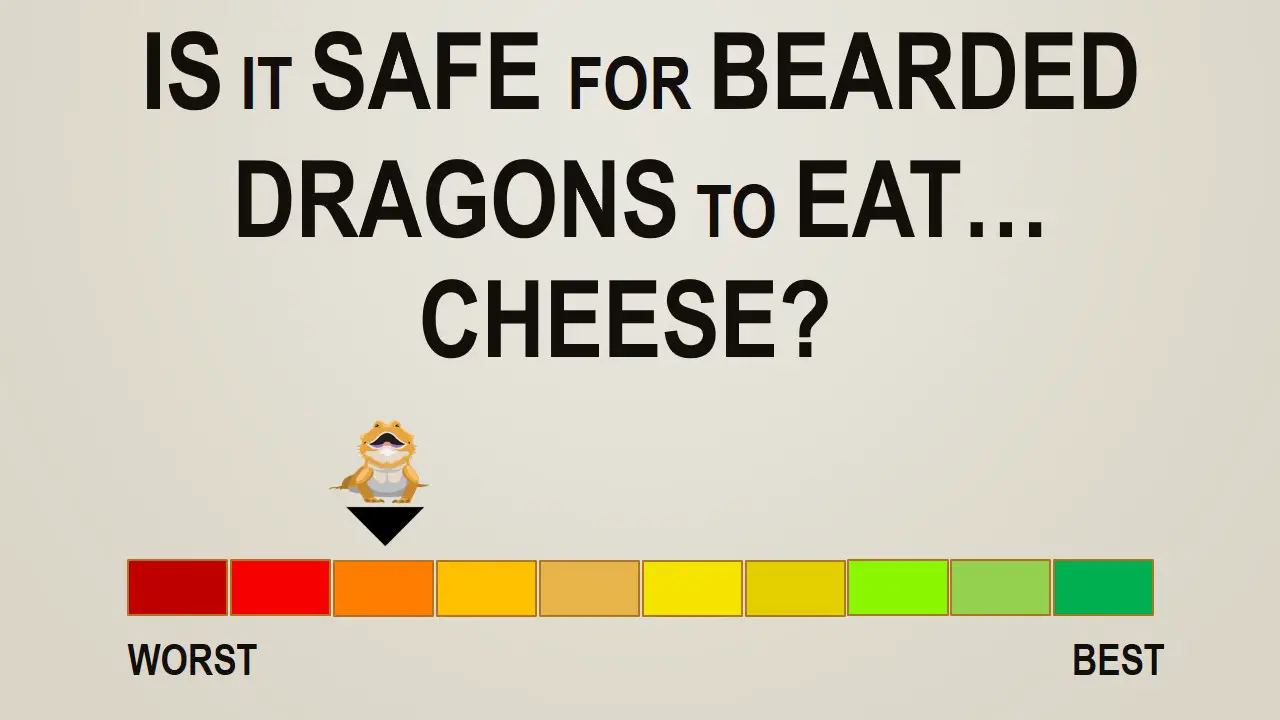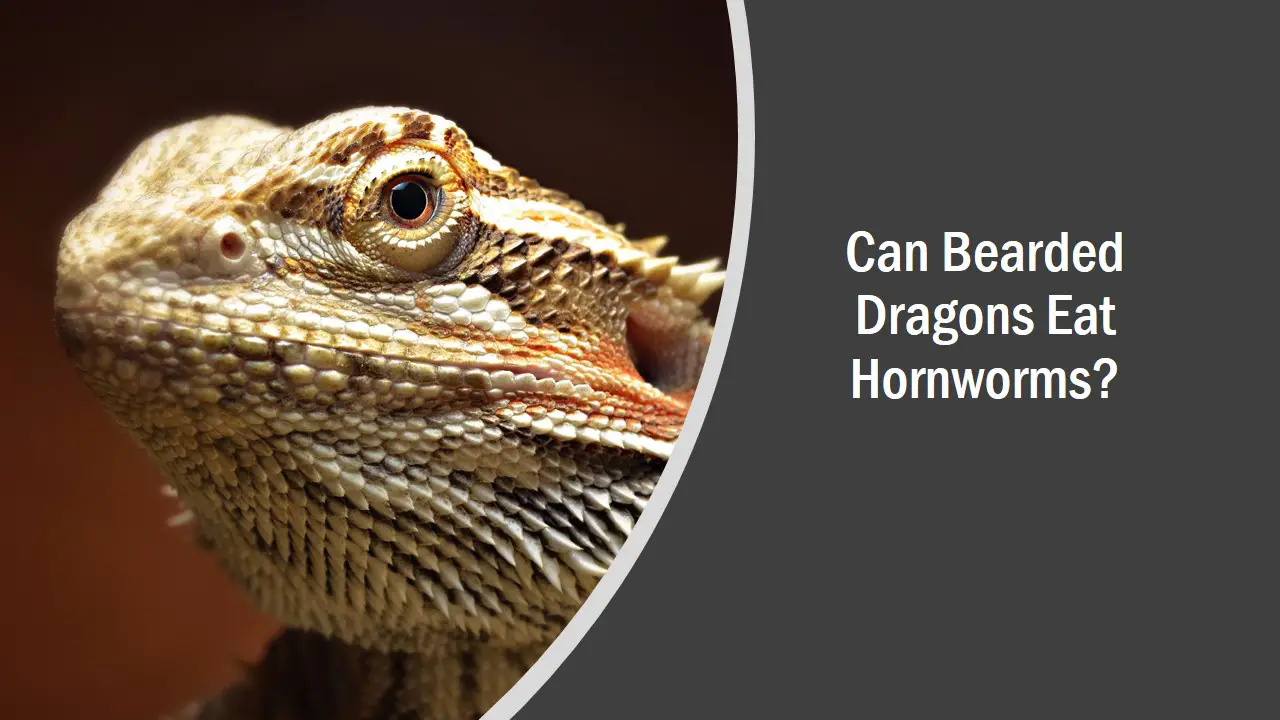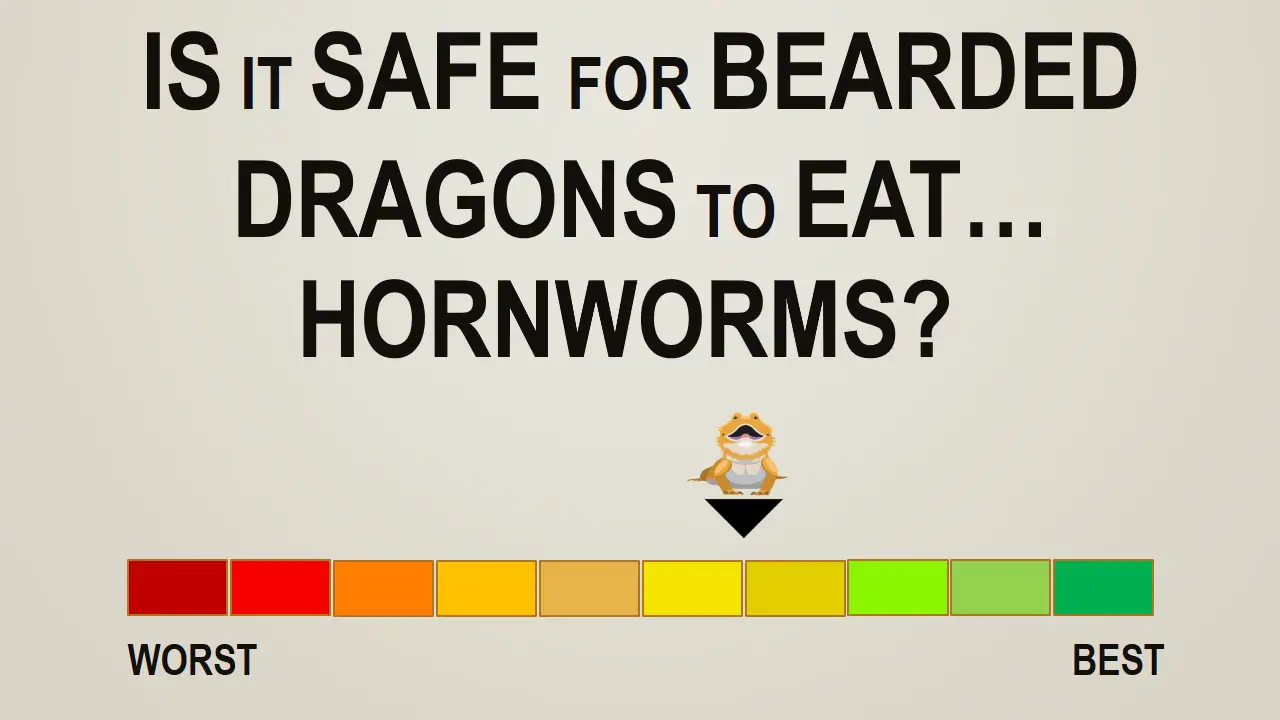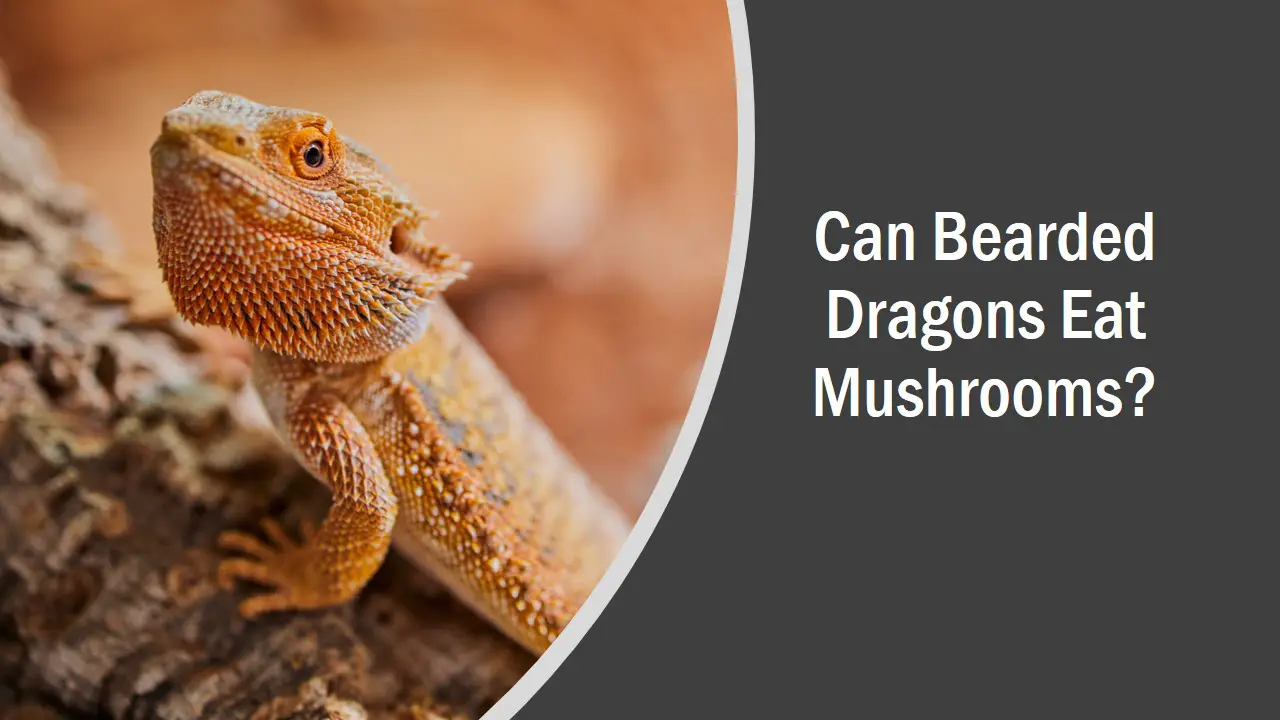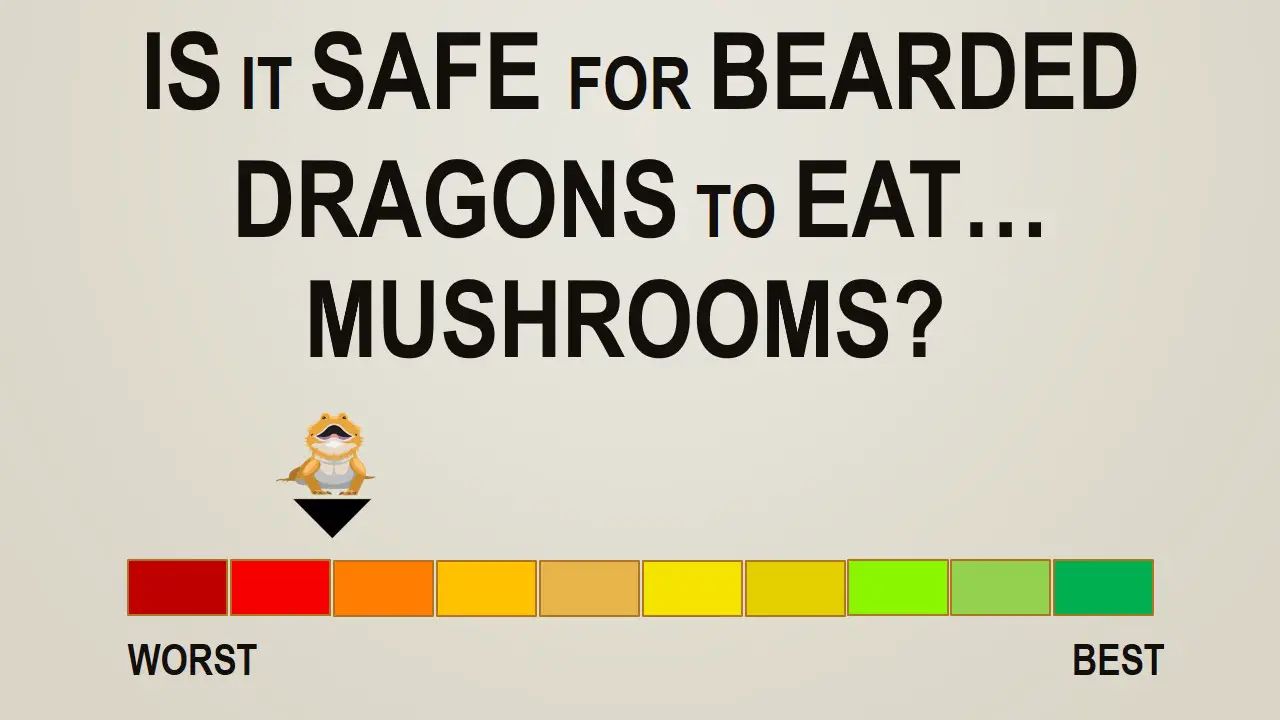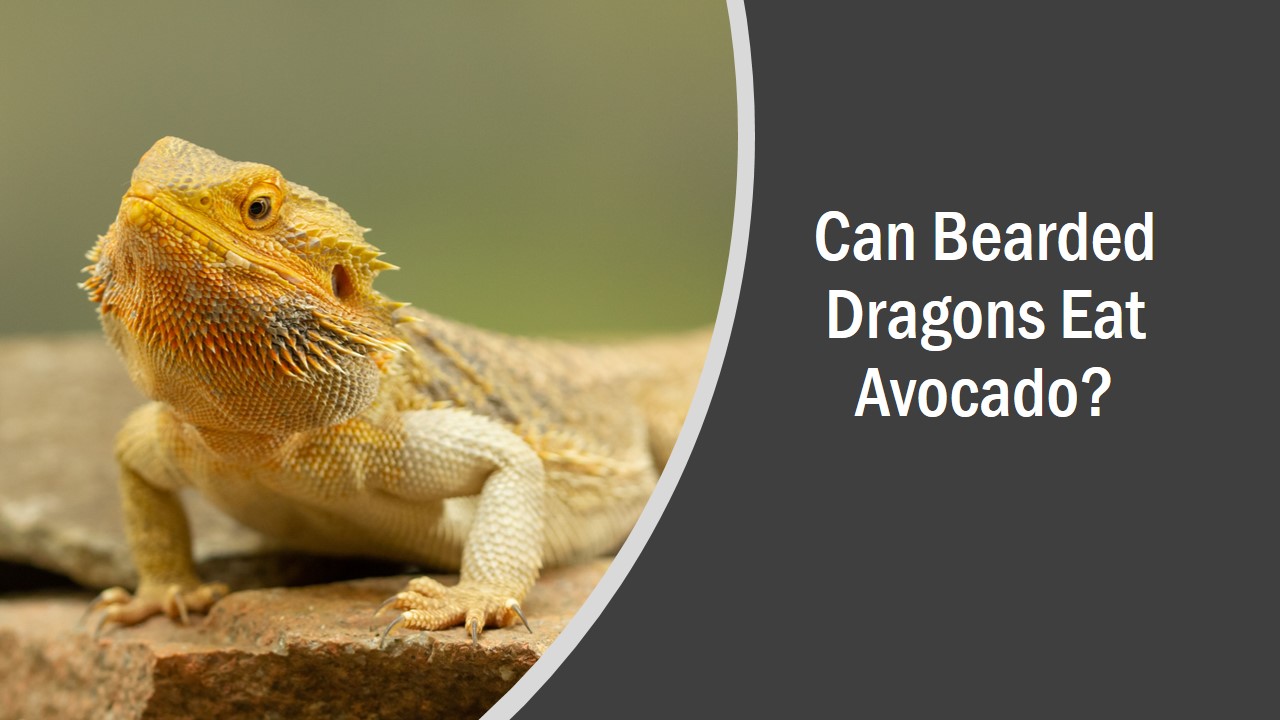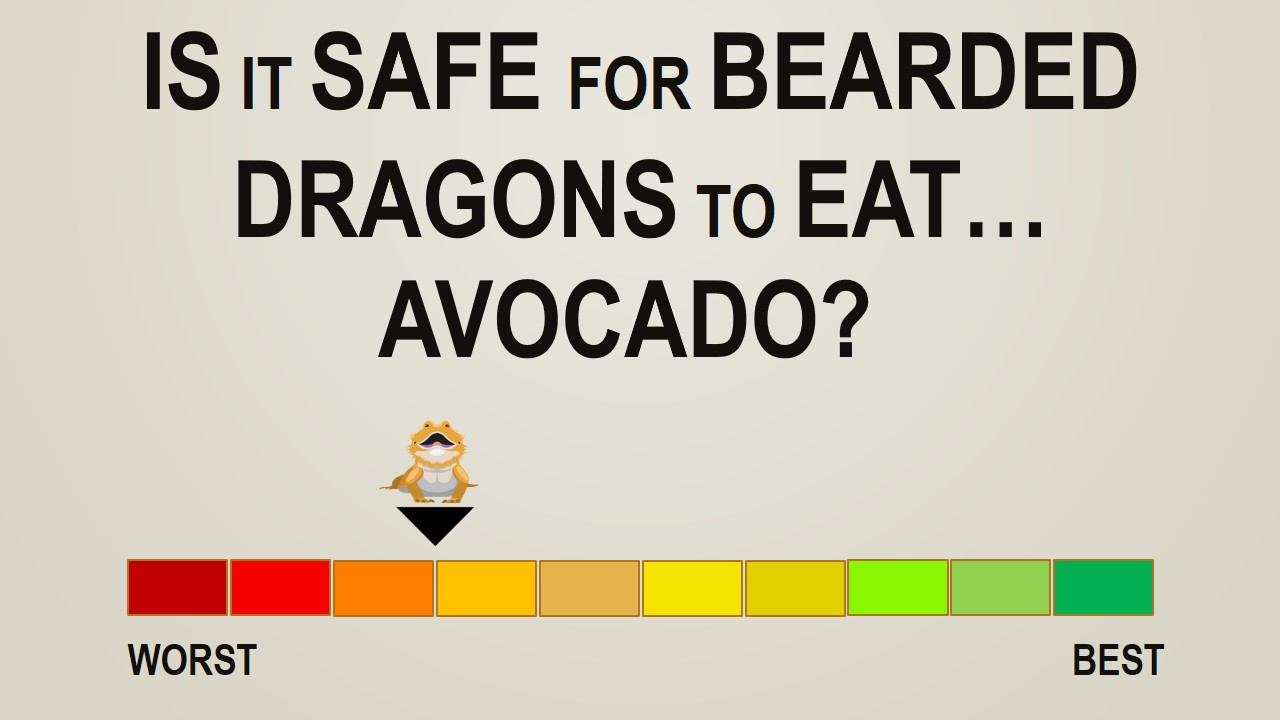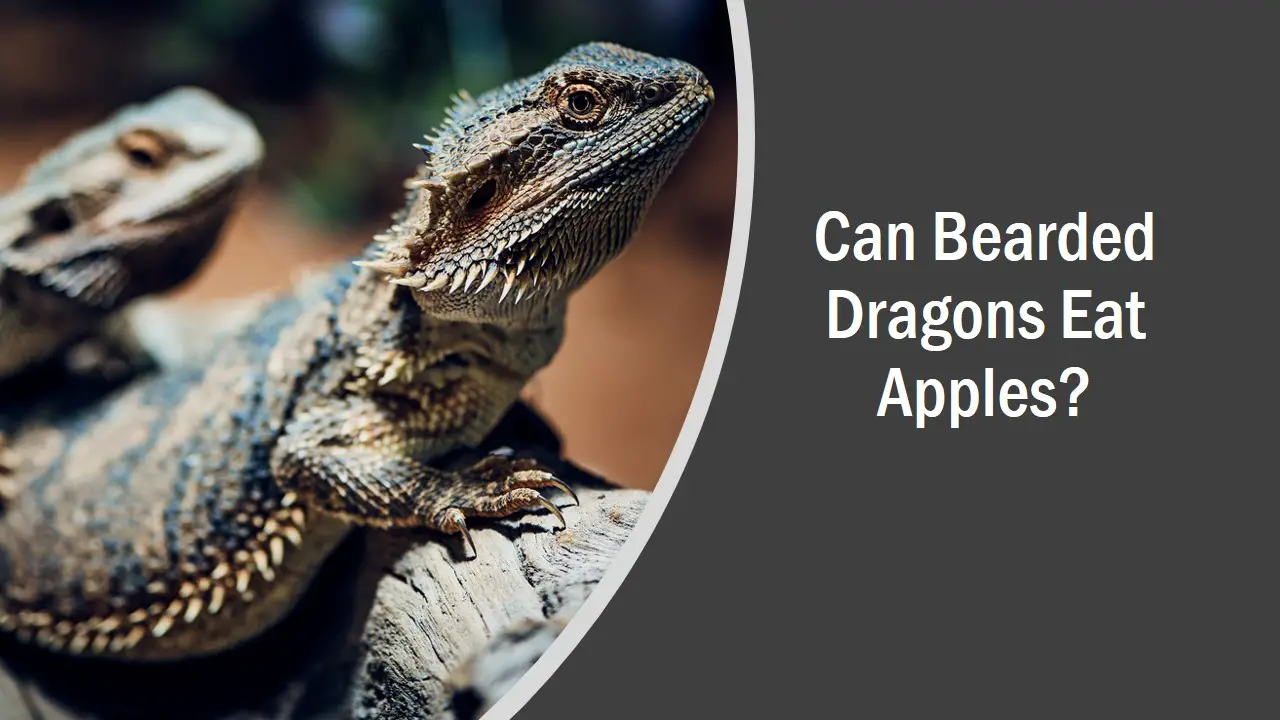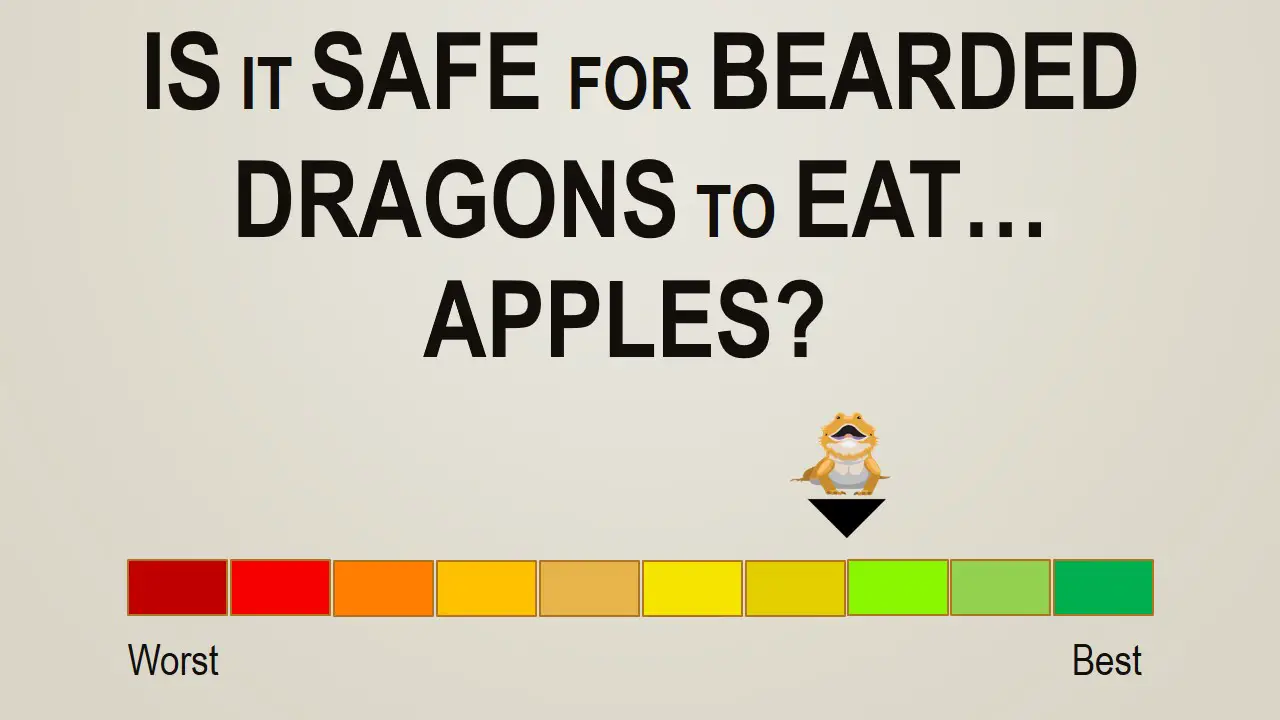No, definitely not. Bearded dragons should never consume fish. Studies show that small amounts won’t hurt them but it is not a food they would eat in their natural environment.
Fish, while good for humans, isn’t always a healthy choice for a bearded dragon’s diet. There are other foods better suited to your pet’s needs.
Bearded Dragons + Fish = Bad Idea
In nature, Bearded Dragons eat insects, fruit and vegetables. They don’t eat fish and it’s best not to feed them anything containing fish in the wild either.
Why? Bearded dragons need a lot of fiber in their diet; there is no fiber in meat or fish products. With nothing to slow digestion down, bearded dragons will excrete food quickly with little nutritional value, if any. Not only that, their bodies are not designed to process meat or fish; thus, their digestive tracts can be upset by these products.
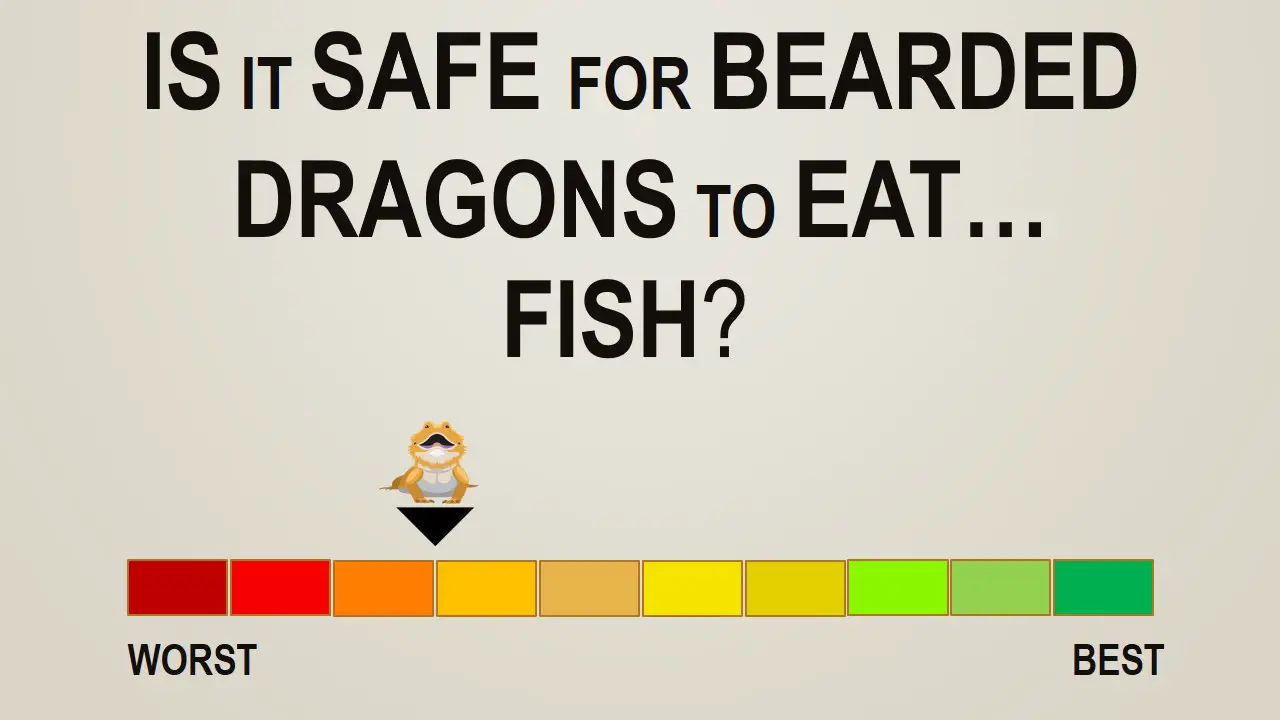
What Is The Nutritional Profile in Fish?
Fish are high in protein, low in fat and contain Omega-3 fatty acids that are good for you. So what’s the problem with feeding it to your Beardie? Fish is really high in phosphorus, low in calcium and has no vitamin D3 (a necessity for bearded dragons).
What Fish Should Be Avoided?
A lot of fish available commercially are raised on farms where their food may not be as natural to them as it would be in the wild; farm-raised fish are given antibiotics too. There are several types/varieties that should always be avoided: tilapia, carp, trout, Channel catfish and salmon. These fish contain too many contaminants like mercury or PCBs that can cause serious problems for your Bearded dragon.
You just don’t want anything containing any kind of “fish” in the ingredients of your bearded dragon’s food. Some possible fishy ingredients to avoid: “fish meal, fish oil, omega 3-fish oil, fish liver oil”. When looking for bearded dragon food, look for one that is void of “fish meal”.
What Are The Benefits of Feeding My Bearded Dragon Fish?
There are no benefits of feeding your bearded dragon fish. In fact, you should completely avoid it no matter how interested your bearded dragon seems.
What Are The Risks of Feeding My Bearded Dragon Fish?
Feeding your bearded dragon fish can have some serious consequences. Possible risks include:
- Liver damage
- Cardiovascular disease
- Vitamin and mineral deficiencies
- Cancer
- Digestive tract obstruction
- Death
Basically, feeding your bearded dragon fish is a really bad idea that isn’t worth the risk!
Can Bearded Dragons Consume These Foods?
What Food Should I Feed My Bearded Dragon Instead?
A much better alternative to feed your bearded dragon instead of fish are foods rich in fiber like insects, vegetables and fruit. They provide all the vitamins, minerals and calcium your beardie needs for optimal health.
Here’s a list of veggies that are safe to feed to you bearded dragons:
- Mustard Greens
- Collard Greens
- Turnip Greens
- Kale
- Dandelion Leaves
- Bok Choy
- Alfalfa Sprouts
- Carrot Tops (chop them up)
- Cucumbers (all types)
- Green Beans (in moderation due to high oxalate level; you don’t want to feed too much of this type of veggie)
- Zucchini (also in moderation due to high oxalate level; you don’t want to feed too much of this type of veggie)
Can Bearded Dragons Eat Fish? – The Conclusion
Bearded dragons cannot and should not eat fish. If they do, it can lead to serious health problems down the road so avoid it at all costs. Too many risks outweigh any benefits of feeding your bearded dragon fish, so don’t even bother with this bad idea!
